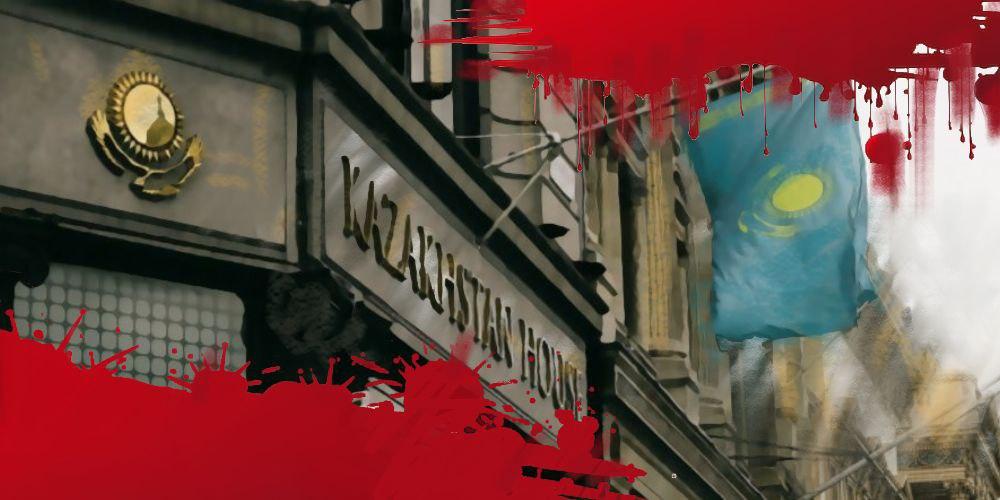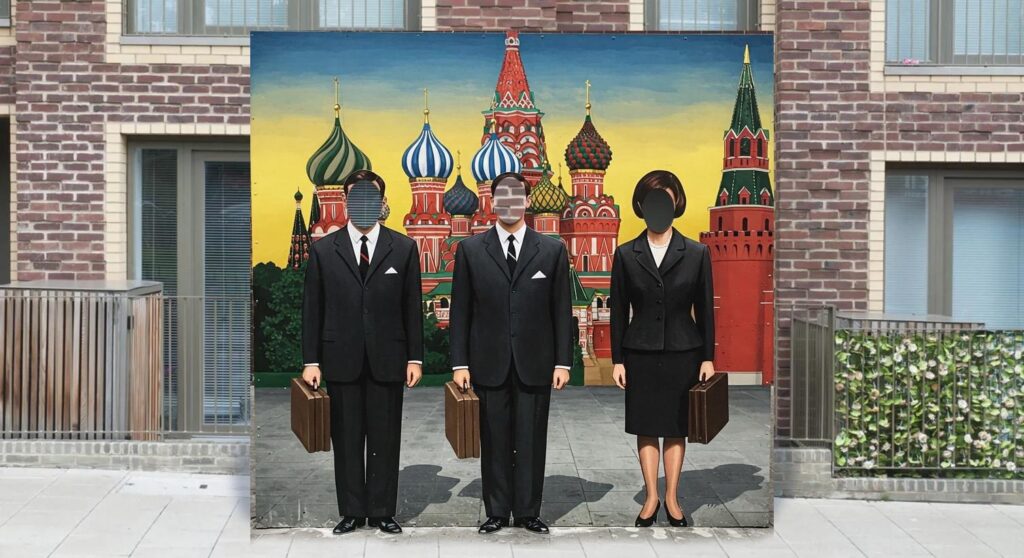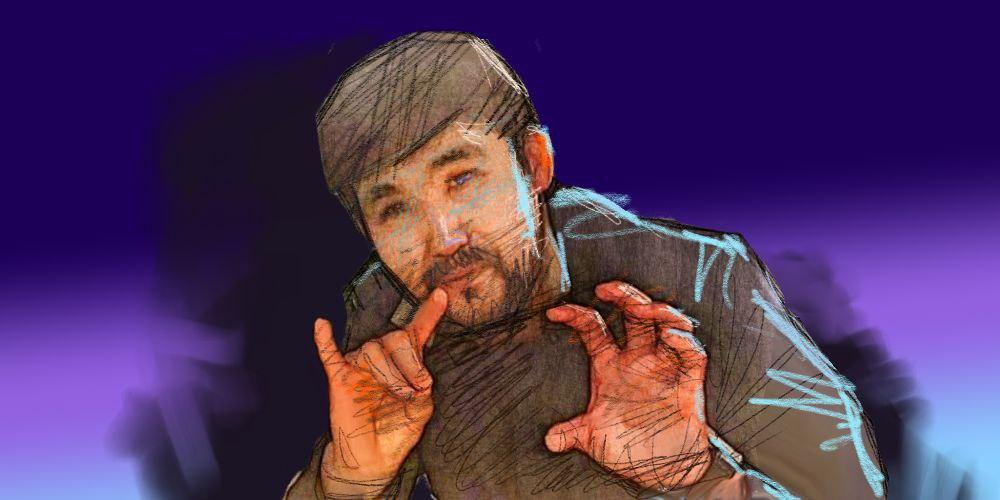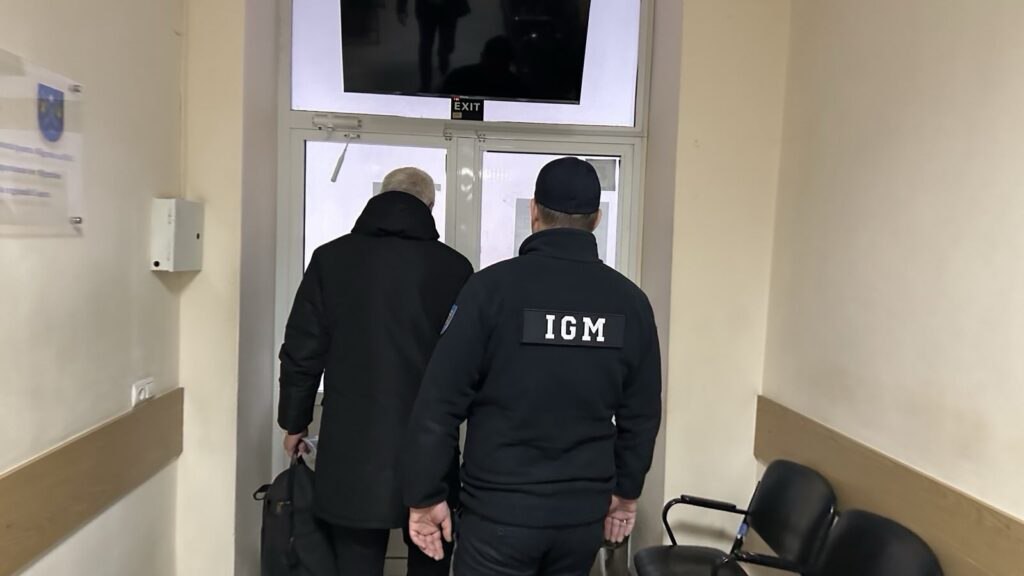London’s Central Criminal Court, known as the Old Bailey, is currently hearing the trial of several Bulgarian nationals accused by the British authorities of spying for Russia’s intelligence services. The case is likely being scrutinized not only in Moscow but also in Astana, as at least two of the six alleged operations relate to Kazakhstan.
A Favor for Nazarbayev
The defendants, five Bulgarian citizens, are accused of planning six espionage operations, one of which centers around Bergey Ryskaliyev, a former senior Kazakh official during the presidency of Nursultan Nazarbayev.The accused filmed Ryskaliyev in his London home and plotted to alternately dress up as DHL or Deliveroo drivers, or use a fake ambulance as a cover to access his premises.
Ryskaliyev served as akim of the oil-rich Atyrau region from 2006 to 2012, before leaving Kazakhstan amid serious corruption allegations. Both he and his brother Amanzhan – an ex-deputy of the Mazhilis – have been wanted in their homeland for over a decade, facing charges of large-scale corruption, organized crime, false entrepreneurship, and money laundering.
Public opinion in Kazakhstan attributes the Ryskaliyev brothers’ prosecution to their alleged involvement in the December 2011 Zhanaozen uprising. According to reports, the uprising was intended to culminate in Nazarbayev’s resignation through a symbolic “march to Astana.” By the summer of 2012, Nazarbayev seemed wary of Ryskaliyev, publicly thanking him for his service during a visit to Atyrau. Shortly after, Ryskaliyev resigned for “health reasons,” while Amanzhan stepped down as a Mazhilis deputy.
The brothers remained in hiding for years, with their lawyers claiming in a 2019 trial that their whereabouts were unknown. However, reports later surfaced that Ryskaliyev had filmed and leaked a video of Nazarbayev in London’s Hyde Park, allegedly using it to blackmail the former president. Ryskaliyev denied this, characterizing his actions as a “small rally” outside Nazarbayev’s residence.
Despite these allegations, Kazakhstan’s Supreme Court ruled in 2020 to return some of Ryskaliyev’s confiscated assets, including land, money, and shares in various companies, and to reverse property seizures which had affected their spouses.
Prosecutors in the London trial allege that Ryskaliyev’s case was part of an operation to foster stronger ties between Moscow and Astana, with Russia suggesting that Kazakhstan might benefit from pursuing him. If accurate, this initiative likely predated January 2022, when Nazarbayev retained significant influence despite stepping down as president.
Targeting Tokayev?
The second alleged operation appears to have been directed at Kazakhstan’s current president, Kassym-Jomart Tokayev. Prosecutors claim the defendants planned a staged protest outside Kazakhstan’s embassy in London in September 2022, intending to pass information about the “organizers” to the Kazakh authorities. This, they argue, was another effort to bolster Russian-Kazakh relations.
However, details reported by Germany’s Der Spiegel suggest a more specific objective. According to the report, the FSB instructed the operatives to stage a protest and send a letter to European Commission President Ursula von der Leyen, ostensibly from a fabricated group critical of Tokayev. Plans also included splashing fake blood or pig’s blood on the embassy during Kazakhstan’s November 2022 presidential election, aiming to frame the fictitious opposition group. As part of the same operation, prosecutors contend that the group discussed fabricating content to slander Tokayev’s son, Timur.
This elaborate plot reportedly sought to pressure Kazakhstan into extraditing Major Mikhail Zhilin, an FSO officer who had fled Russia after the 2022 mobilization announcement. Zhilin, fearing deployment to eastern Ukraine, illegally crossed into Kazakhstan with his family. While his family traveled legally, Zhilin himself was detained at Astana airport en route to Yerevan. On December 29, 2022, he was deported to Russia.
Notably, no protests occurred outside the London embassy before Zhilin’s deportation, nor was any letter to von der Leyen publicized. Like the Ryskaliyev case, no clear evidence links these actions to a Kremlin initiative aimed at appeasing Astana.
For Kazakhstan, the London trial offers a rare glimpse into Russia’s covert operations, raising questions about other undisclosed activities that may similarly escape public awareness.









